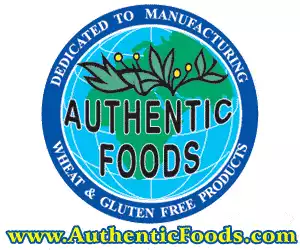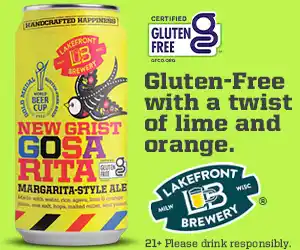-
Welcome to Celiac.com!
You have found your celiac tribe! Join us and ask questions in our forum, share your story, and connect with others.
-
Get Celiac.com Updates:Support Our Content
Should I stop me study in patisseries at a vocational school?
-
Get Celiac.com Updates:Support Celiac.com:
-
Recent Activity
-
- trents replied to Tedro's topic in Post Diagnosis, Recovery & Treatment of Celiac Disease3
Newly diagnosed and maybe some type of protein intolerance.
Thanks for the clarification on the scope. This is what confused me, "gastro doc said from the biopsy there was mild atrophied villi but I know that could be from where the sample was taken and they could be gone not far away." I interpreted that to mean when the scope was done they didn't do a thorough job of checking the area that would be affected by celiac... -
- Tedro replied to Tedro's topic in Post Diagnosis, Recovery & Treatment of Celiac Disease3
Newly diagnosed and maybe some type of protein intolerance.
I already had a scope done and he said there were damaged villi. This follow up is to go over the bloodwork I already know the results to and the gastric emptying study I had done. I won't say the burgers were not greasy but not bad. It even happens with chicken breast or tenderloin in the air fryer and that's not very fatty at all. -
- trents replied to Tedro's topic in Post Diagnosis, Recovery & Treatment of Celiac Disease3
Newly diagnosed and maybe some type of protein intolerance.
You might be having trouble digesting meat because of the damage to your villi. But what about gallbladder problems? Were those burgers, even the turkey ones, greasy? The odd thing is the "peeing like a racehorse" after consumption. You say you have follow up GI appointment coming up. Please be aware if the GI doc wants to do an upper GI to specifically... -
- Tedro posted a topic in Post Diagnosis, Recovery & Treatment of Celiac Disease3
Newly diagnosed and maybe some type of protein intolerance.
Had noticeable issues for 7 months including 3 trips to the ER for extreme discomfort. Every doc just said I had gastritis, take pepcid. This never changed a thing. Finally talked a doc into a referral to a gastroenterologist who I had to convince to do a scope and bloodwork to test for celiac among other things. It's like nobody believed me when I said I... -
- Nita hearn commented on Jefferson Adams's article in Skin Problems and Celiac Disease3
Rosacea and Small Intestinal Bacterial Overgrowth (SIBO)
Thank you for all the replies. I will be seeing my GP for a referral to see a dermatologist.Good advice.
-











Recommended Posts
Create an account or sign in to comment
You need to be a member in order to leave a comment
Create an account
Sign up for a new account in our community. It's easy!
Register a new accountSign in
Already have an account? Sign in here.
Sign In Now